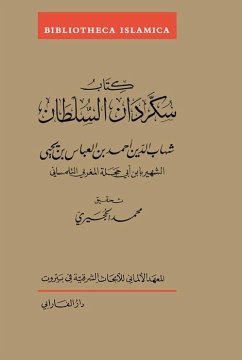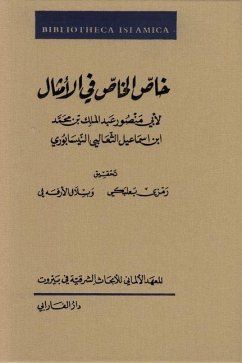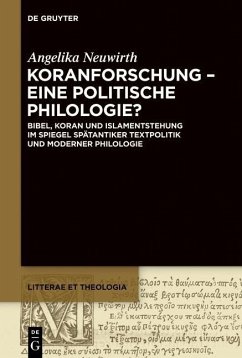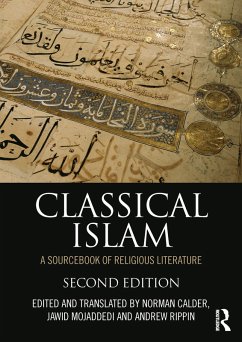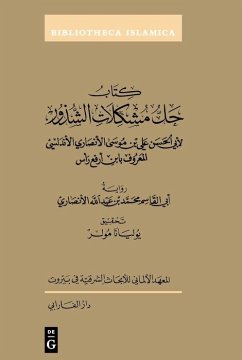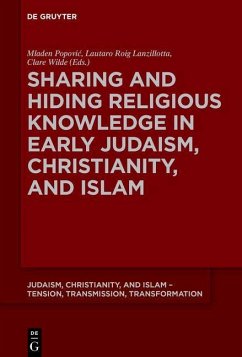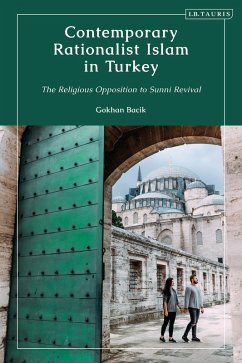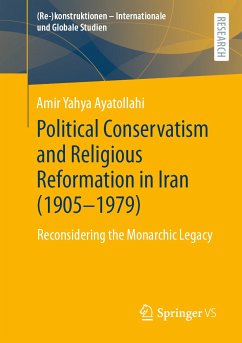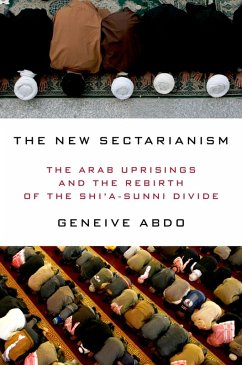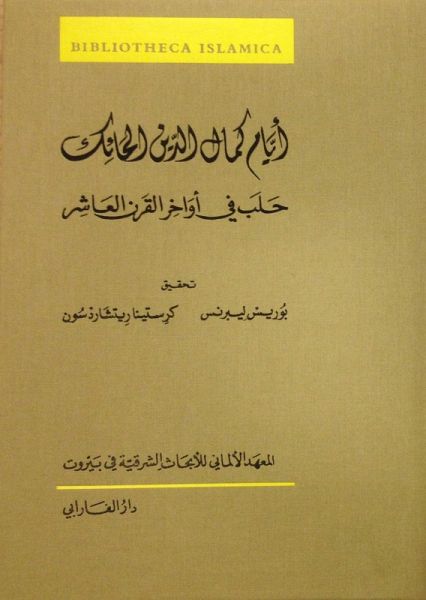
The Notebook of Kamal al-Din the Weaver (eBook, PDF)
Aleppine notes from the end of the 16th century
Redaktion: Liebrenz, Boris; Richardson, Kristina L.

PAYBACK Punkte
0 °P sammeln!
At the end of the 10th / 16th century in Aleppo, a weaver, cloth merchant, and poet named Kamal al-Din would regularly take his time to fill blank pages with his varied observations. But it was not a linear narrative he produced, nor was it a diary. Rather, he scribbled down accounts on the political and social life of his city and the region; the climate; economic developments; his craft; poetry, much of it his own; anecdotes; reading excerpts; obituaries of dignitaries and friends; history. In doing so, Kamal al-Din upends assumptions about literary agency, faith, and class in the Ottoman A...
At the end of the 10th / 16th century in Aleppo, a weaver, cloth merchant, and poet named Kamal al-Din would regularly take his time to fill blank pages with his varied observations. But it was not a linear narrative he produced, nor was it a diary. Rather, he scribbled down accounts on the political and social life of his city and the region; the climate; economic developments; his craft; poetry, much of it his own; anecdotes; reading excerpts; obituaries of dignitaries and friends; history. In doing so, Kamal al-Din upends assumptions about literary agency, faith, and class in the Ottoman Arab provinces and thus gives us insights rarely seen in other contemporary works.
Only a fragment of what once must have been a sizeable work survives, now preserved in the Forschungsbibliothek Schloss Friedenstein in Gotha under the shelfmark MS orient. A 114. It represents the earliest known Arabic notebook of an artisan or merchant.
Only a fragment of what once must have been a sizeable work survives, now preserved in the Forschungsbibliothek Schloss Friedenstein in Gotha under the shelfmark MS orient. A 114. It represents the earliest known Arabic notebook of an artisan or merchant.
Dieser Download kann aus rechtlichen Gründen nur mit Rechnungsadresse in A, B, BG, CY, CZ, D, DK, EW, E, FIN, F, GR, HR, H, IRL, I, LT, L, LR, M, NL, PL, P, R, S, SLO, SK ausgeliefert werden.




